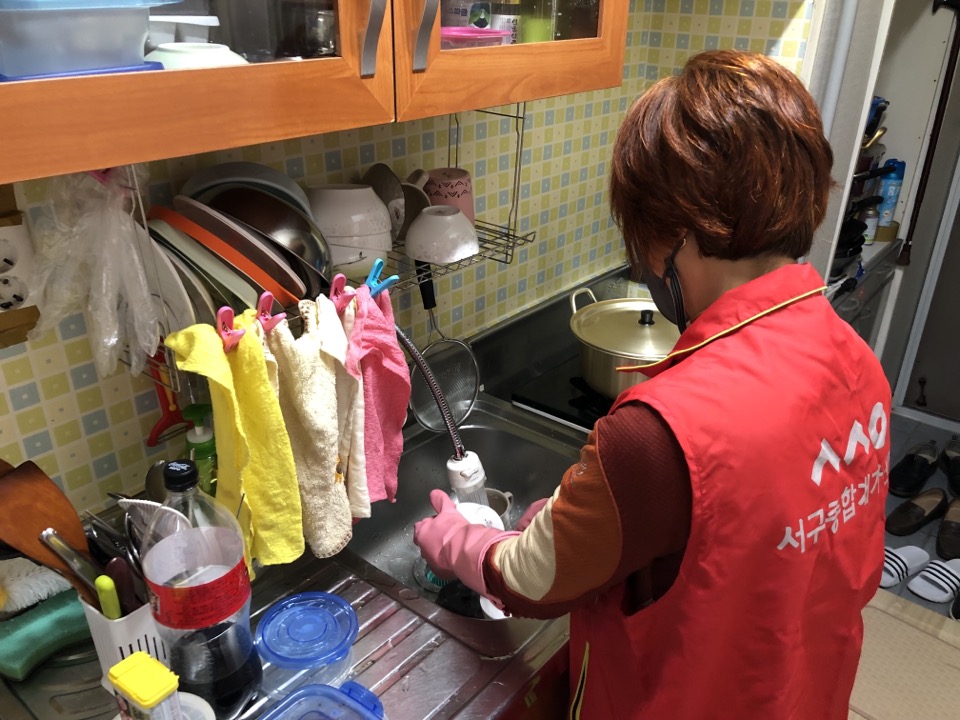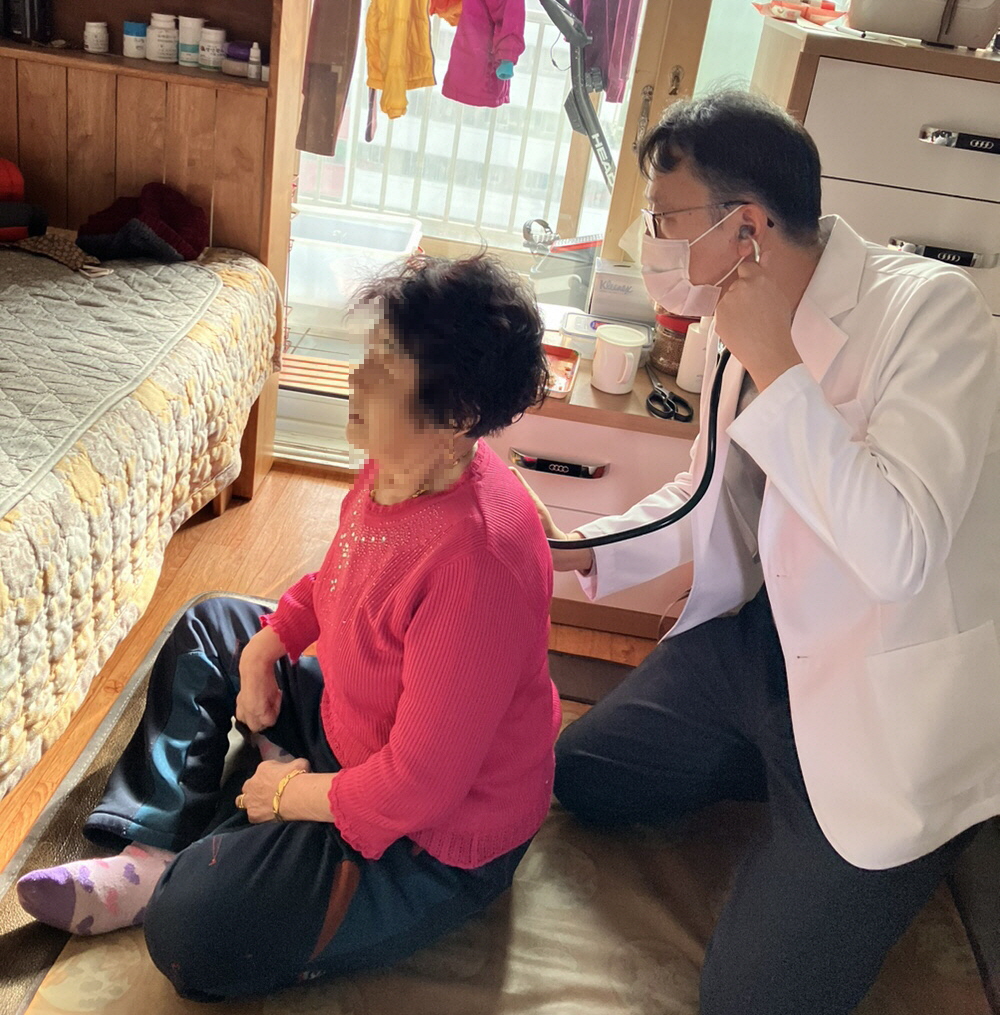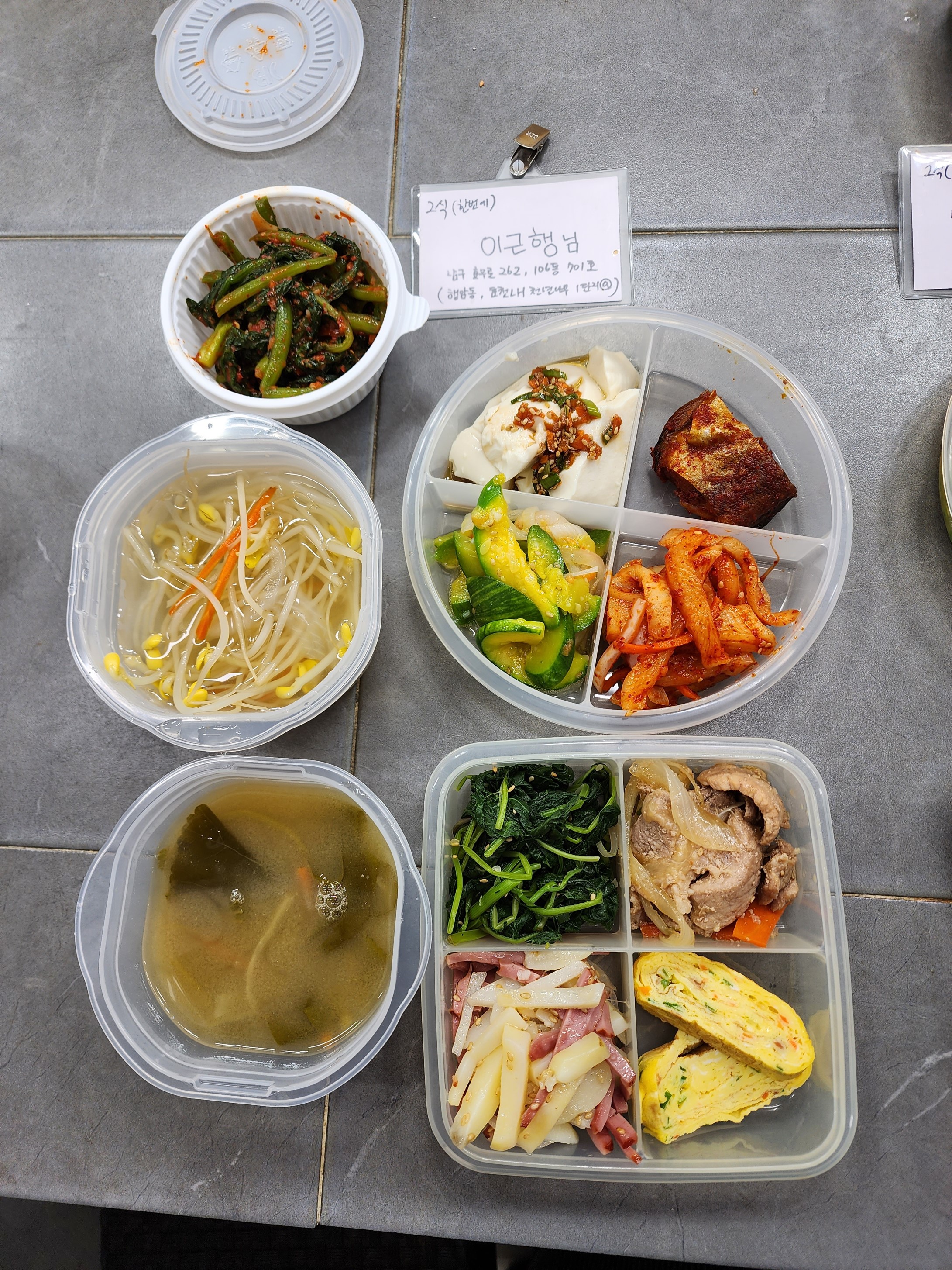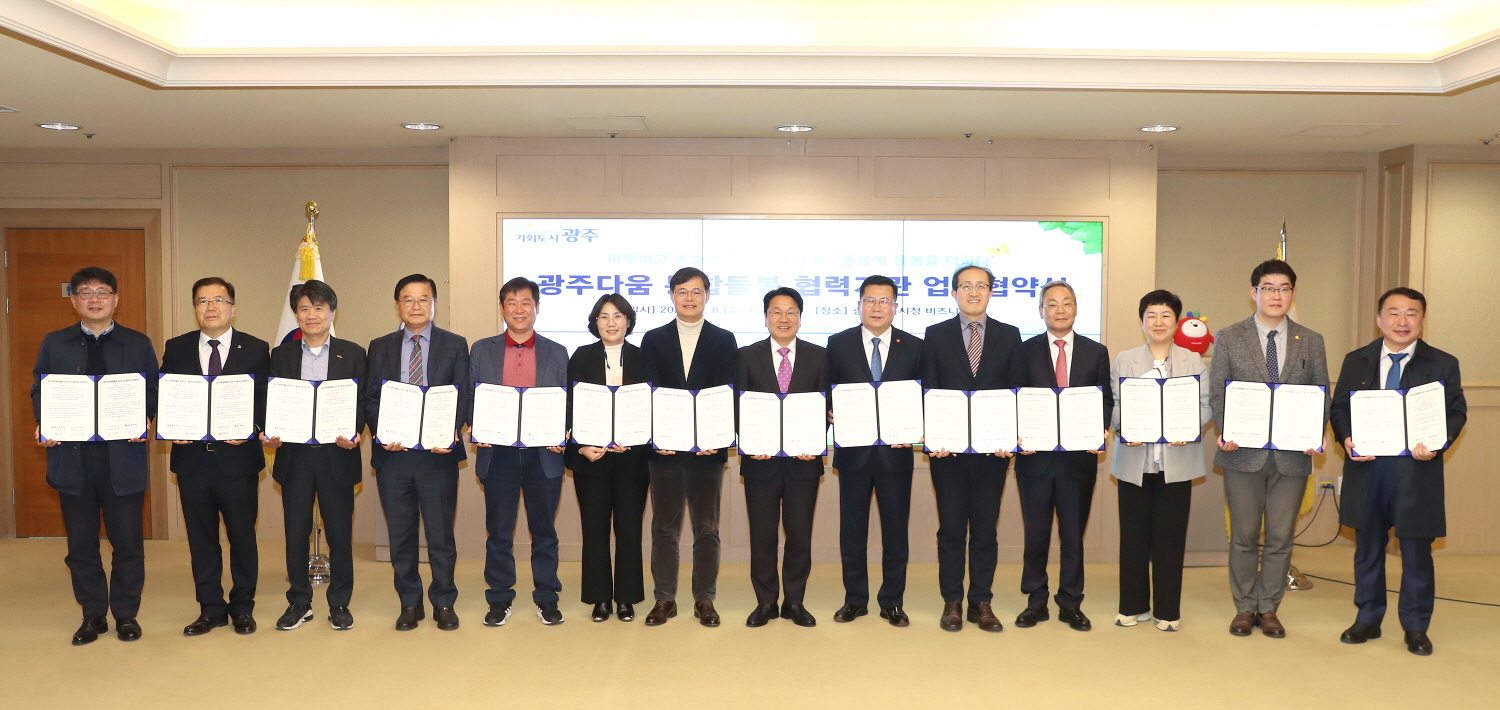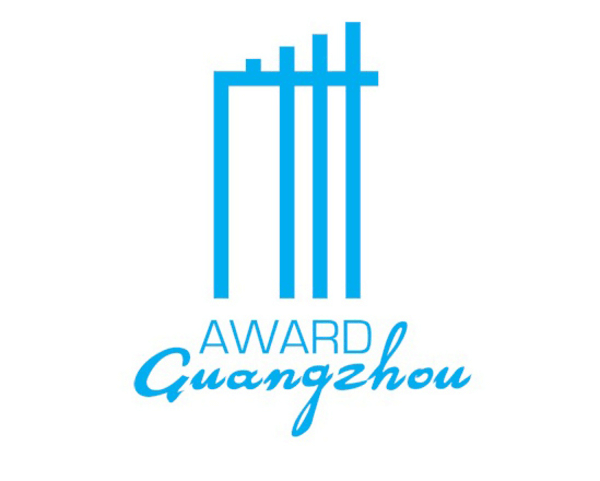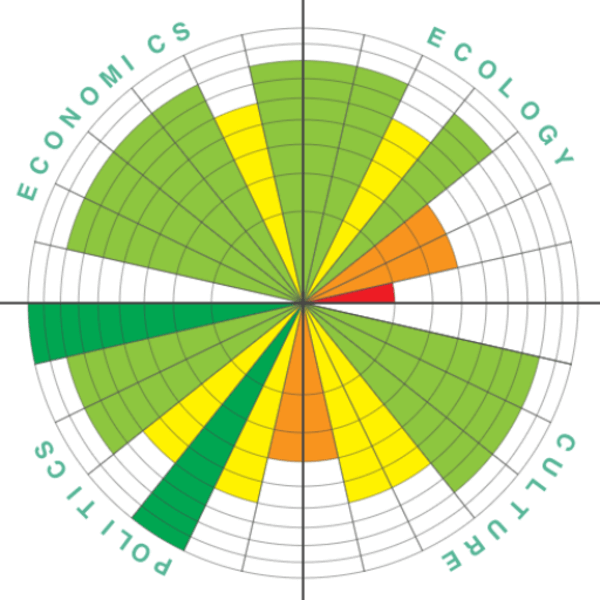Status
ongoing
50%
City
Gwangju
Main actors
City Government, Supranational / Intergovernmental Institutions, Private Sector, Community / Citizen Group, Research Institutes / Universities
Project area
Whole City/Administrative Region
Duration
Ongoing since 2020
All individuals are entitled to receive appropriate care. As the natural progression of life leads to aging, and unforeseen circumstances such as illness, accidents, or disabilities can occur, it is imperative that support be provided to those unable to perform everyday activities, thereby preserving their dignity. Presently, the system for caregiving delineates its recipients by criteria such as age and income, extending assistance solely to those who formally seek it. In response to this issue, we have established an innovative care model: the "Gwangjuness Community Care." This initiative is inclusive of all individuals in need of care.
Our approach involves care managers from the Dong-office who personally visit residents to assess their needs and facilitate the requisition of requisite services. We have introduced sixteen new care services and have committed an annual fund of 7.74 million dollars, aimed at aiding economically challenged citizens to avail themselves of these services. The "Care Call" system has been implemented as a single application channel to increase user convenience. To actualise these efforts, a cohort of 1,000 individuals are participating in their projects. We have restructured the governance of the City-Gu office, established a dedicated division, appointed 320 care managers, and partnered with 38 private service providers.
Guangzhou Award
This project was awarded the 'Guangzhou Award' in 2023.
External links / documents
On Map
The Map will be displayed after accepting cookie policy
